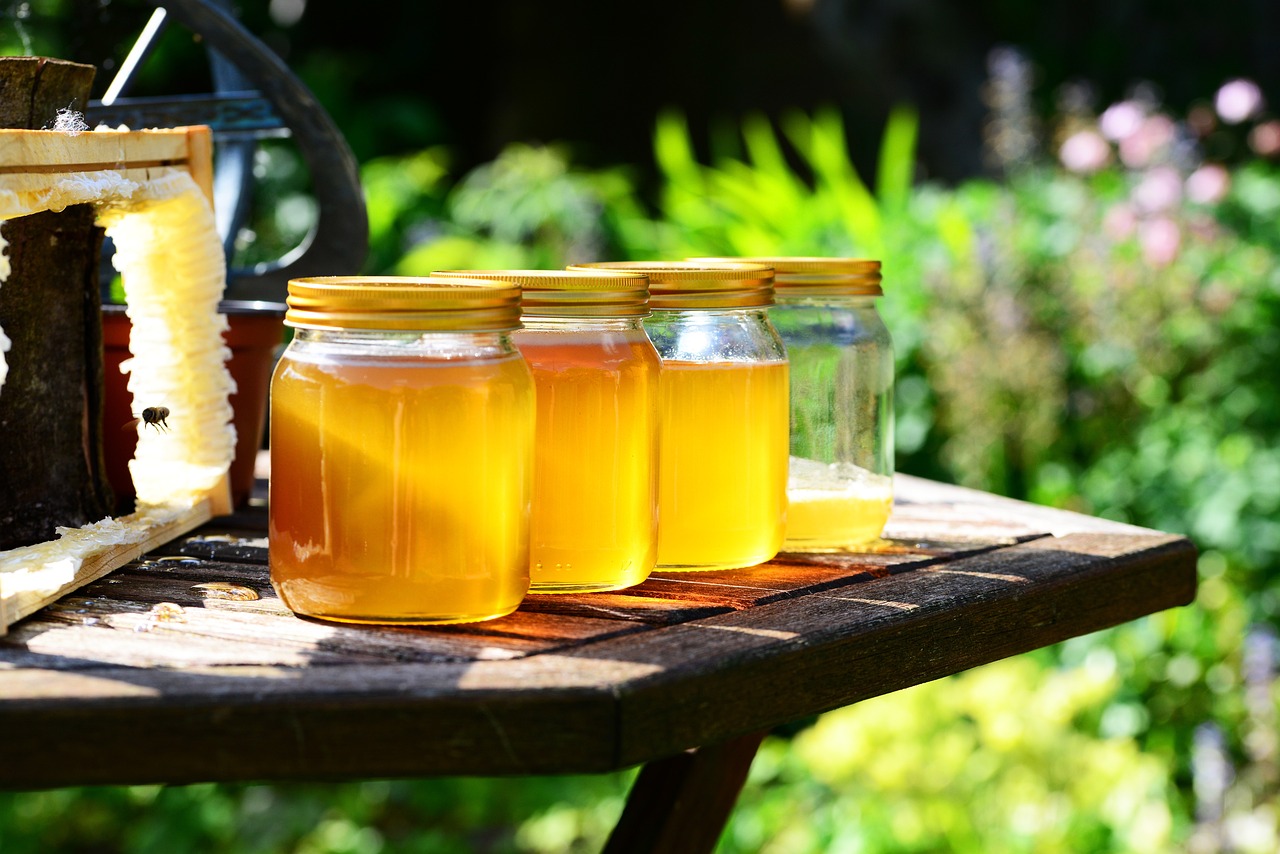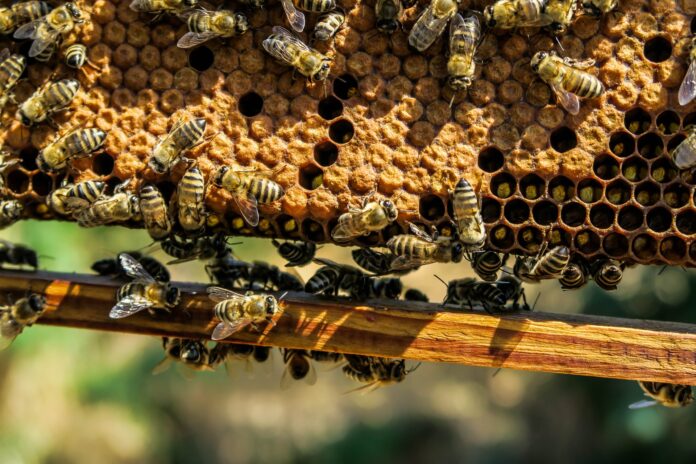Honey bees are undeniably the most essential pollinators that play a very important role in the health of our ecosystems and also the production of various food crops. However, in recent years, the populations of honey bee have been considerably declining due to different factors, including loss of habitat, usage of pesticide, and drastic change in climate. One of the major ways to support as well as protect these vital pollinators is through the means of organic farming. Various practices of organic farming provide a much safer and a more sustainable environment for the breeding of honey bees. It offers several key benefits that largely contribute to their well-being and, by extension, to the overall health of our planet.

-
Reduction in Exposure to Pesticide
One of the very significant benefits of organic farming for honey bees is the reduction in pesticide exposure. The conventional farming often relies very heavily on various synthetic pesticides, which can prove to be very harmful or even deadly to the bees. Neonicotinoids, in particular, are a special class of pesticides that have been very well linked to colony collapse disorder, a phenomenon where entire bee colonies are found to die off. On the contrary, organic farming, avoids the use of various synthetic pesticides, opting for a large variety of natural pest control methods. This specifically reduces the overall risk of bees coming into contact with different toxic chemicals, thereby promoting much healthier bee populations.
-
Balanced Biodiversity
The different organic farms are found to have higher biodiversity as compared to the various conventional farms. They typically grow the widest variety of crops & also maintain natural habitats, like as wildflower borders, hedgerows, & cover crops. This diverse environment likely provides bees with a continuous & varied supply of nectar & pollen throughout the entire growing season. The availability of multiple flowering plants also very likely ensures that bees have the proper access to the nutrition they require to optimally thrive, leading to much stronger and more resilient colonies.
-
Improved Health of Soil
Healthy soil sets the right foundation of organic farming. Several organic practices like as crop rotation, composting, & the usage of organic fertilizers likely improve the structure of the soil and its fertility considerably, creating a more stable & very productive environment for plants. Healthier plants, in turn, produce much higher-quality nectar & pollen, which are very essential food sources for the honey bees. Additionally, the absence of different harmful chemicals in the soil means that bees are not at all exposed to toxic residues when they forage.
-
Support for Pollinator-Friendly Habitats
The organic farmers are often found to prioritize the creation as well as maintenance of the pollinator-friendly habitats. By strategically incorporating wildflower meadows, wisely leaving some of the areas uncultivated, & planting native species, organic farms provide much safer eco-systems for honey bees & other pollinators. These particular habitats not just offer food resources but also shelter & nesting sites, which are very critical for the proper survival of bee populations.
Organic farming offers the most holistic approach to agriculture that likely benefits honey bees in several ways. By reducing the exposure to various pesticides, enhancing the overall biodiversity, improving the health of the soil, & supporting pollinator-friendly habitats, organic farming practices very well create an environment where honey bees can very well thrive. Supporting organic farming is not merely a step towards achieving healthier food & soil—it is also a crucial action in the global effort to protect & preserve our vital pollinators.



